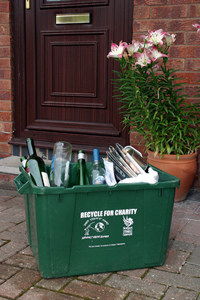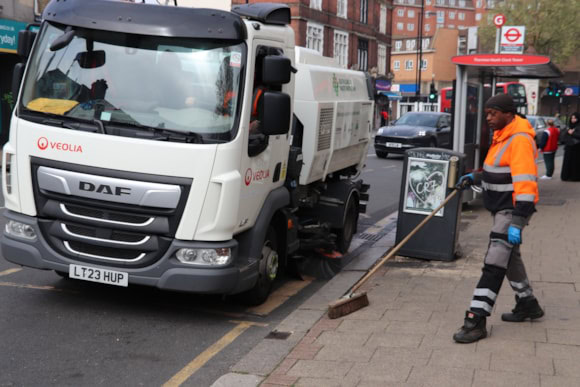Welsh councils have urged the government to settle the dispute over commingled recycling collections as a matter of urgency and have warned that continued confusion could have far reaching consequences.
The warning comes as the claimants in the Judicial Review against Defra and the Welsh Governments interpretation of the definition of separate collection consider whether or not to continue their legal challenge.

The Review was brought by seven members of the Campaign for Real Recycling, who said that the decision to allow recycling to be collected commingled is contrary to the EUs Waste Framework Directive.
It was hoped that amendments to the Waste (England and Wales) Regulations 2011 laid last month would satisfy the claimants, but the CRR has said that it may continue its legal challenge, describing the changes to the regulations as not adequate. (see letsrecycle.com).
Councils
The issue was brought to the attention of the Welsh Local Government Association in a report to its co-ordinating committee on Friday (July 27), and the association claims that uncertainty around the future of commingled collections is causing confusion among councils who are unable to plan for possible changes to collection services.
A spokesman for the WLGA said: The confusion over the future viability of commingled collection schemes has the potential to have far reaching consequences for both councils and their local communities, as around half of Welsh councils currently operate some form of commingled collection service.
Local government in Wales fully supports the broad aims of the Welsh Governments waste strategy, Towards Zero Waste, but waste is a complex issue and requires a huge amount of planning and investment not only in machinery and equipment, but also in awareness programmes that help residents to understand and participate in their local schemes. If we are to maintain local support and limit disruption to our residents in the future, we have a duty to work together to solve the collections issue as a matter of some urgency.”
The WLGA is calling for the dispute to be settled quickly, in order to provide local councils with reassurance over long term funding and support.
The spokesman added: It is hoped that a prescriptive approach to future funding can be avoided. With local councils facing financial penalties for any failure to meet recycling targets in Wales, they must be free to shape their support for national recycling targets by developing locally determined collection services that reflect the specific needs of the local council and the communities they serve.
Strategy
In its waste strategy Towards Zero Waste, published in 2010, the Welsh government set targets to recycle 52% of waste by 2013, rising to 70% by 2025, and has endorsed kerbside sorting as its preferred collection method.
A Welsh Government spokesperson said, “Kerbside sorting is the Welsh Governments preferred method of recycling collection as evidence shows that it delivers better sustainable development outcomes than co-mingling. This method of collection reduces residual waste and results in the collection of high levels of clean recyclables that can be reprocessed into new products. It also tends to be better value for money than co-mingled kerbside approaches.
Related Links
“The Welsh Government would like to see all local authorities adopt kerbside sorting in order to achieve greater consistency of service across Wales.”









Subscribe for free